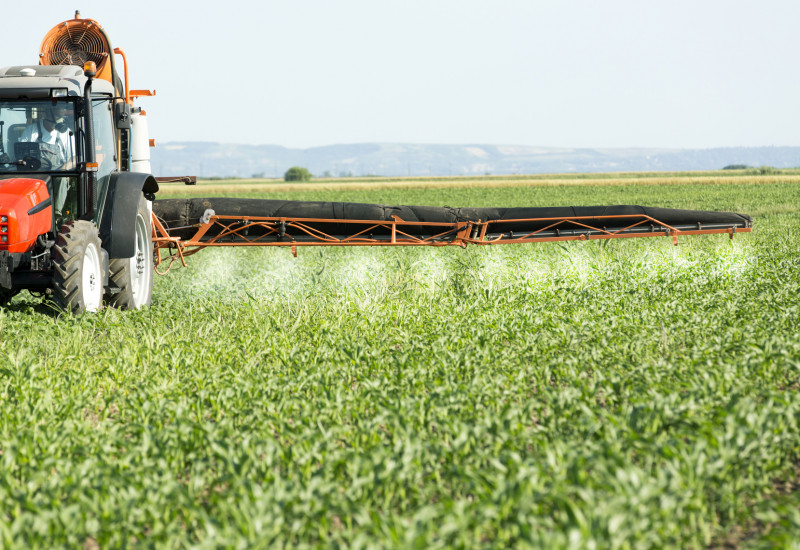Currently, only slightly less than ten percent of rivers, lakes and coastal waters are in good ecological condition. Although this is a slight improvement over 2015, Germany still faces major challenges. According to the EU Water Framework Directive, water bodies should be "good" in terms of chemistry, ecology and – in the case of groundwater – also in terms of available quantity by 2027. read more
Only ten percent of Germany’s water ecologically intact, despite progress made









